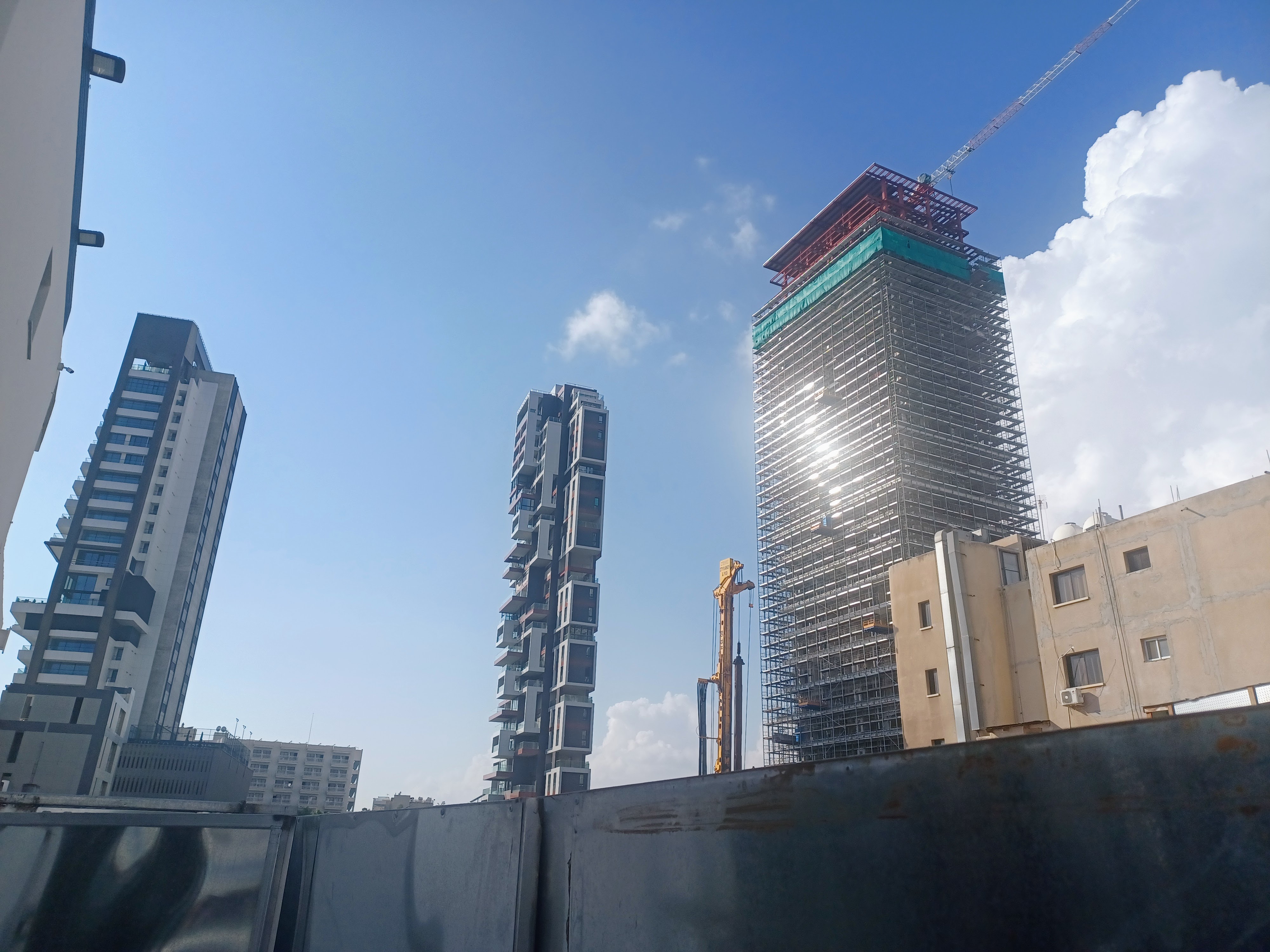Recent developments in the Cyprus real estate market have highlighted a significant shift in buyer interest toward the occupied territories, with pricing identified as a key driver, rather than the ongoing conflict in Israel, according to the Cyprus Real Estate Agents Council.
Council president Marinos Kineyirou explained that foreign buyer interest has notably influenced the Cypriot property market over the past few years.
In this context, he noted that following the Covid-19 pandemic, the interest from foreign buyers had played a substantial role in revitalising the market after a period of profound crisis.

Council for Registration of Real Estate Agents president Marinos Kineyirou
“Interest from foreign buyers has supported the Cypriot real estate market in recent years,” Kineyriou said.
“It wouldn’t be an exaggeration to say that after the Covid-19 pandemic, the interest of foreign buyers provided a significant boost to the market and contributed significantly to its recovery after the strong shock it had suffered,” he added.
Analysing comparative property sales data on a quarterly basis, as presented by the Real Estate Agents Council, Kineiyrou pointed out that property sales in Cyprus had seen a consistent upward trend over the nine-month period of 2023.
However, he highlighted a significant recent shift, indicating signs of stagnation across all cities and districts in the areas controlled by the Republic of Cyprus.
Despite widespread speculation linking market stagnation to the conflict in neighboring Israel, Kineiyrou argued that while the war had impacted Israeli and Lebanese interest, it was not the primary cause.
He emphasised that exorbitant property prices had equally dampened the interest of both domestic and foreign buyers.
“Many, experts and non-experts alike, argue that the stagnation in the market is due to the war that has erupted in neighbouring Israel, as it has slowed down the interest of Israelis and even Lebanese buyers,” he said.
“Our experience in the Cypriot real estate market leads us to conclude that the war in Israel is not the main cause of stagnation but rather an easy excuse,” he added.
Moreover, Kineyirou said that “the reality is that excessively high property selling prices have dampened the interest of both domestic and foreign buyers”.
Moreover, Kineiyrou highlighted a notable trend where foreign buyer interest had redirected beyond the Green Line to the occupied territories.
He argued that Israeli and Lebanese buyers were now investing in properties there, even amidst ongoing conflict.
This shift has been evident in the Turkish Cypriot press and social media, where tailored advertising campaigns aimed at Israeli and Lebanese markets were observed.
“Apart from the Russians, who, after the outbreak of the war in Ukraine and the resulting sanctions, have flooded occupied Cyprus, both Israelis and Lebanese choose to buy houses in the Turkish-ruled areas of our homeland,” he stated.
In response to this market shift, Kineiyrou said that there are two perspectives to this phenomenon, one of deliberate ignorance, and one of pragmatism.
“We, who live and make a living from the real estate sector in the free areas of the Republic of Cyprus, in our opinion have two choices,” he said, noting that the first option is “to continue sweeping the problem under the rug and finding excuses for reducing demand”.
“The second option is to admit that we have gone too far with prices to the point where we are driving away foreign buyers,” he added.
Concluding his observations, Kineiyrou highlighted the role of the government in curbing this trend, urging property owners to confront the issue rather than evade reality, to avoid potential repercussions on the market.
“The country has a government and mechanisms that can do everything they can to stop this flow of foreign property buyers to the occupied territories,” Kineyirou stressed.
“Property owners need to quickly understand that if they sweep this problem under the rug, refuse to face the truth head-on, and refuse to rationalise property selling prices, then I am afraid we will again be mourning a catastrophe after the fact,” he concluded.







Click here to change your cookie preferences